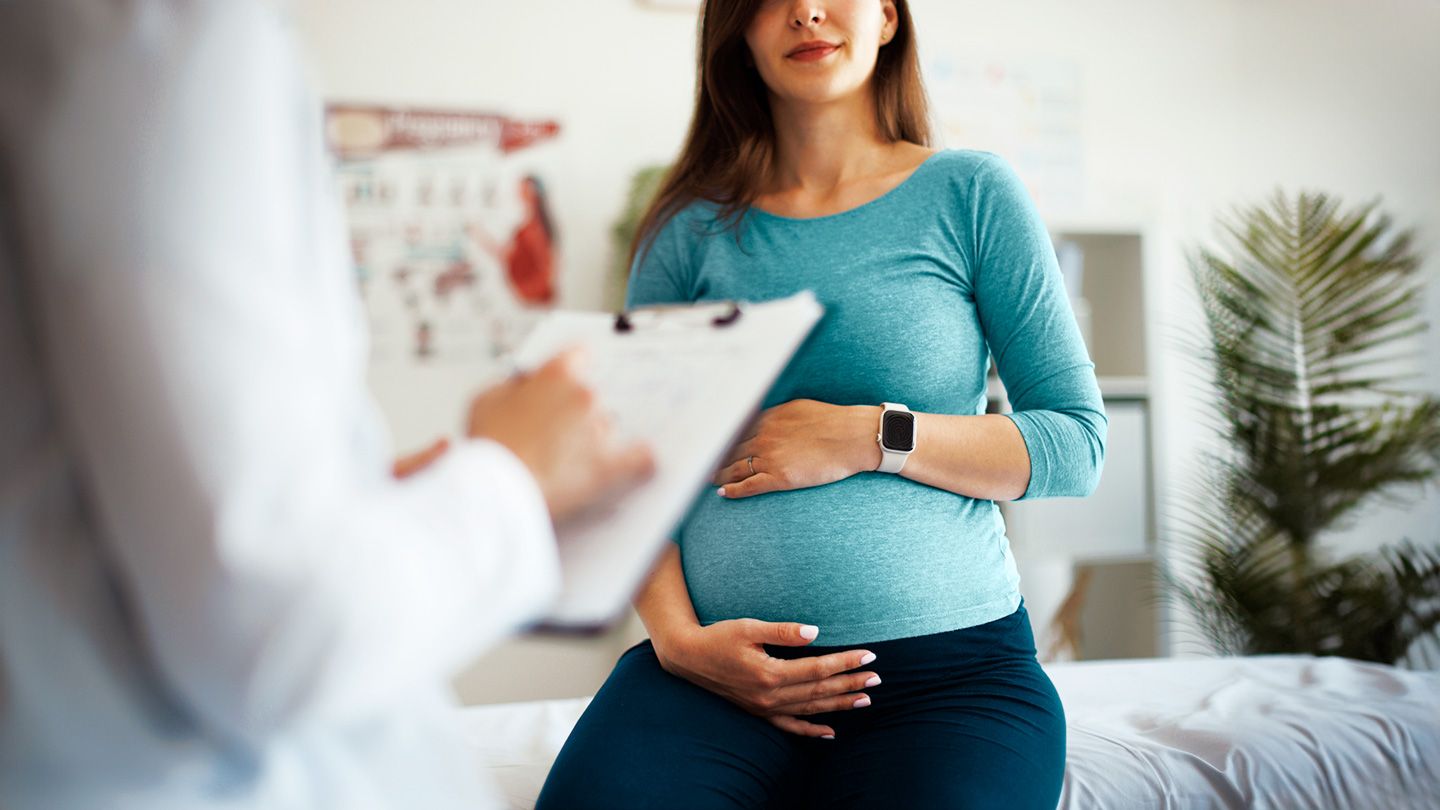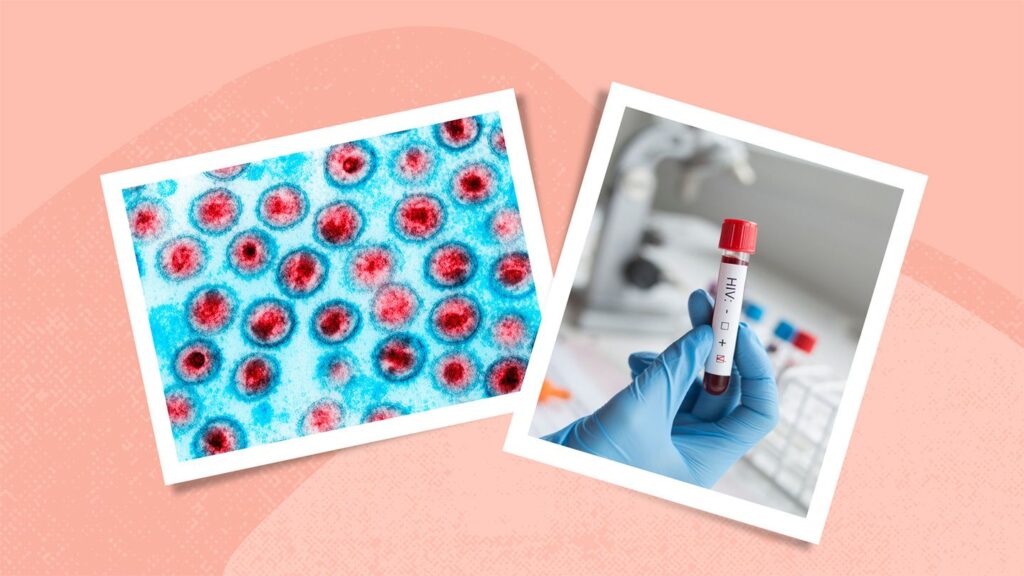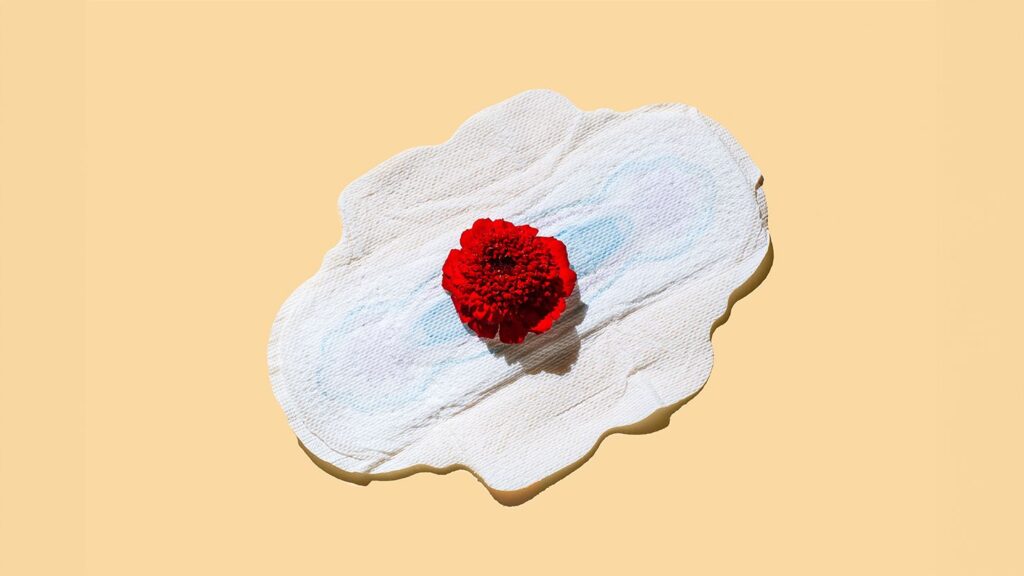If you have Crohn’s disease and are pregnant or trying to become pregnant, it’s common to have concerns about how Crohn’s might affect a pregnancy. The good news: Oftentimes, women with Crohn’s disease or other kinds of inflammatory bowel disease (IBD) whose symptoms are in remission don’t need to worry about any additional risk of miscarriage or premature birth, and most parents with Crohn’s won’t pass the condition on to their baby, says Alan Moss, MD , chief scientific officer at the Crohn’s & Colitis Foundation in New York and a professor of medicine at Boston University. “I’ve had many of my patients deliver multiple kids, and both mom and baby do fine, and the research supports that,” says Dr. Moss. “It should not impact either the mother or the baby during the pregnancy or afterward.” Here’s what you need to know about fertility, diet, medications, testing, and more before getting pregnant.
Crohn’s Disease and Getting Pregnant Many women with Crohn’s disease can conceive as easily as those without the condition. But before you get pregnant, it’s crucial to plan ahead on certain things. For starters, your disease activity level — whether you have active inflammation or your condition is in remission — is a key factor that needs to be considered before trying to get pregnant. “The most important thing for a patient with Crohn’s disease who is thinking about becoming pregnant is to go into pregnancy healthy and well into remission,” says David P. Hudesman, MD , codirector of the New York University Langone Inflammatory Bowel Disease Center in New York City. That’s because active inflammation from Crohn’s can make conception more difficult and increase the likelihood of active disease throughout pregnancy. Ideally, women should wait three to six months after reaching remission and being off of steroids before trying to become pregnant.e60dc2a1-f33c-4a05-9b50-8e3e8e597629089b4ac1-3d7f-479a-b222-0c3bd0c42caa Although most women with IBD will likely be able to conceive as normal, a small subset of women who’ve undergone a surgical procedure such as a colectomy (removal of all or part of the colon) may experience fertility issues, Moss notes. “Anytime you have surgery in the pelvis, it can affect fertility rates,” he says. That’s because pelvic procedures like colectomies can result in scarring in the fallopian tubes, as well as other anatomical changes in the body that may interfere with fertility.e60dc2a1-f33c-4a05-9b50-8e3e8e597629e7d862d6-f30c-4c17-9706-8d5c77e3e42fe60dc2a1-f33c-4a05-9b50-8e3e8e5976294144d3c2-83b6-43b7-a05a-75de74899b60
What Should I Eat for a Healthy Pregnancy With Crohn’s Disease? All pregnant women, including those with Crohn’s, should eat a well-balanced diet and take prenatal vitamins, especially folic acid, says Dr. Hudesman. This is particularly important for women on sulfasalazine , a Crohn’s disease medication that hinders folic acid absorption.e60dc2a1-f33c-4a05-9b50-8e3e8e597629dbad854b-c7b9-4a56-ace5-0426ca7a22cd Folic acid , the synthetic version of the naturally occurring B vitamin folate, helps prevent neural tube birth defects such as spina bifida. Folate can also be found naturally in foods such as dark green vegetables, citrus fruits, nuts, seeds, and fortified grains. If your doctor suspects your Crohn’s may affect your ability to absorb nutrients from food, they may suggest that you also take vitamin D or iron supplements to ensure that you’re getting enough of these nutrients, Moss says. That’s because any inflammation in the digestive tract can make it difficult to absorb those two nutrients during pregnancy, which are both critical for a baby’s development. Most pregnant women are monitored throughout their pregnancies for anemia , blood sugar, and basic nutrition. If you have Crohn’s you may undergo additional tests to monitor your iron, folate, vitamin B12 , and vitamin D levels. People with Crohn’s disease have an increased risk of nutritional deficiencies, which can impact a baby’s development.e60dc2a1-f33c-4a05-9b50-8e3e8e597629fdb9192e-b064-4de3-829e-c6c20a6f4621
How Might Crohn’s Disease Affect My Pregnancy? As mentioned, many women with Crohn’s disease can expect a healthy pregnancy and baby if their condition is in remission when they become pregnant. “The important thing is to make sure patients are healthy and well going into the pregnancy,” Hudesman says. But if you have active inflammation or you’re experiencing a flare-up at the time you become pregnant, this can elevate the risk of complications, such as having a baby born prematurely or with a low birth weight. However, he notes, research suggests that these risks are low overall.e60dc2a1-f33c-4a05-9b50-8e3e8e59762923b54beb-db78-4153-8042-57a000335a02 Pregnant women with Crohn’s also have an increased risk of gestational diabetes (diabetes during pregnancy) and blood clots , including deep vein thrombosis in the legs. Your doctor may recommend certain lifestyle changes to help prevent blood clots, such as walking and staying physically active, drinking plenty of fluids each day to prevent dehydration, and avoiding smoking. In some cases, they may prescribe you medication or injections to help prevent blood clots.e60dc2a1-f33c-4a05-9b50-8e3e8e597629a7a76535-771a-48e1-a950-4194067f98da To monitor these risks, your pregnancy care team will perform routine scans to ensure you’re healthy and that your baby is healthy and developing as expected. It can also help to connect your IBD care team with your pregnancy care team to ensure that your pregnancy care team is informed about your Crohn’s disease and treatment.e60dc2a1-f33c-4a05-9b50-8e3e8e597629e3cc64e1-f20a-49de-b81b-de8a42c99b5f
How Does Pregnancy Affect Crohn’s Disease? The body undergoes numerous physiological changes during pregnancy, including hormonal changes, immune system changes, and changes to the bacteria in your gut.e60dc2a1-f33c-4a05-9b50-8e3e8e59762917d613e4-c1a0-49c5-ac2b-d12758fa7763 These changes can affect the mother’s Crohn’s disease, but this depends mainly on whether the condition is active or in remission, Moss says. “As long as women are in remission or the disease is under control and they become pregnant, becoming pregnant doesn’t change their risk of a relapse,” Moss says. Three-quarters of women with inactive Crohn’s at the time of conception remain in remission throughout their pregnancies, prior research suggests.e60dc2a1-f33c-4a05-9b50-8e3e8e59762934b53e3c-80f2-49c9-b34e-e203f1f3873b Women with active Crohn’s have an increased risk of certain Crohn’s-related complications during pregnancy, such as abscesses, strictures, or fistulas.e60dc2a1-f33c-4a05-9b50-8e3e8e59762917d613e4-c1a0-49c5-ac2b-d12758fa7763 If you have a stoma, be sure to keep your stoma nurse informed about your pregnancy. Pregnancy could affect the size or shape of your stoma and may lead to certain complications, such as hernia, prolapse, or (rarely) blockage. Also, let your pregnancy care team know that you have a stoma. Around three-quarters of women with stomas give birth via C-section, which is usually planned ahead of time. Your pregnancy care team can help you decide whether a vaginal birth or C-section is best for you.e60dc2a1-f33c-4a05-9b50-8e3e8e59762917d613e4-c1a0-49c5-ac2b-d12758fa7763
Is It Safe to Take Crohn’s Disease Medication While Pregnant? It’s important to talk to your doctor about all the medications you’re taking before becoming pregnant, Moss says. “Thankfully, almost all the medications we use (for Crohn’s disease) in the modern era have been evaluated and considered to be safe to use in pregnancy,” Moss says. “There are a few exceptions,” Moss notes. “There are some antibiotics that we avoid. Methotrexate is a very old medication that we absolutely do not recommend (taking while pregnant).” That’s because methotrexate can cause birth defects during pregnancy and problems while breastfeeding.e60dc2a1-f33c-4a05-9b50-8e3e8e597629db761734-9825-4aed-812f-0823a004d7b7 Your gastroenterologist can recommend the best treatment for you during pregnancy, whether that’s your current medication or a different one. Among the medications for Crohn’s disease that are deemed safe for use during pregnancy, an ongoing study called the Pregnancy in IBD and Neonatal Outcomes (PIANO) study suggests that there’s no increased risk of miscarriages, preterm birth, low birth weight, birth defects, or infant infections based on what medication you take during pregnancy.e60dc2a1-f33c-4a05-9b50-8e3e8e5976291be5b471-11d1-4db3-b676-f70ff9653f99
Is It Safe to Undergo Testing or Surgery While Pregnant? Pregnant women with Crohn’s disease may have to undergo additional testing to assess their symptoms, particularly if they are experiencing a flare-up. In those cases, most doctors would prefer to monitor a patient’s care through blood and stool tests, Hudesman says. But if necessary, pregnant women can undergo a sigmoidoscopy , which is considered the least invasive diagnostic procedure and can be performed without sedation, Hudesman says. A sigmoidoscopy allows a doctor to examine the lower part of the colon, called the sigmoid colon, to assess symptoms, he notes. There are also other safe ways to monitor Crohn’s disease activity, such as intestinal ultrasound and magnetic resonance imaging.e60dc2a1-f33c-4a05-9b50-8e3e8e59762978e90280-90ab-4e70-a1f7-c7b94a256760 In rare cases, your IBD care team may recommend that you undergo surgery for Crohn’s during pregnancy, if delaying surgery is risky to you or your baby. Surgery always comes with certain risks, but those risks vary from person to person based on their condition, their stage of pregnancy, or other factors. Your IBD care team can help you weigh the risks and benefits of surgery for you.e60dc2a1-f33c-4a05-9b50-8e3e8e59762988dd99d0-d554-4a15-84e9-0a59a7af41a4
How Will Crohn’s Disease Affect My Baby? Researchers are still figuring out the exact cause of Crohn’s disease, but it’s believed to be caused by a mix of factors. These include genetics, environmental factors, and diet, Moss says. Crohn’s disease can run in families, and babies born to a parent with Crohn’s disease have an increased risk of developing the condition themselves. This risk is higher if multiple family members have Crohn’s.e60dc2a1-f33c-4a05-9b50-8e3e8e597629685d350b-ecfe-4ce1-87e6-3329f3db355c However, “Crohn’s disease is not a pure genetic disease in the sense that if you have the gene you pass it on,” Moss says. “If you as a mother have Crohn’s disease, the risk of your child developing Crohn’s disease is about 5 to 10 percent.” As mentioned, most Crohn’s medications are safe to use during pregnancy and won’t negatively affect your baby. Your doctor will let you know if you should stay on your current medication or switch to a new one.
Can I Breastfeed With Crohn’s Disease? Yes. Breastfeeding most likely won’t have a negative impact on your Crohn’s disease. In fact, any amount of breastfeeding can be very beneficial for both your and your baby. Some studies suggest that breastfeeding could help protect your baby against developing Crohn’s, though more research still needs to be done in this area.e60dc2a1-f33c-4a05-9b50-8e3e8e5976290edef9fc-fe7b-4bf5-8497-f9f96ec50731
The Takeaway If you have Crohn’s disease, planning ahead for a healthy pregnancy and making sure your symptoms are in remission are key to a smooth journey for both you and your baby. With the right guidance from your doctor, most women with Crohn’s can expect a healthy pregnancy and baby. Most IBD medications are safe to take during pregnancy, with a few exceptions. Be sure to discuss your treatment plan with your doctor before you become pregnant, and tell your child’s pediatrician about all the medications you took during your pregnancy.
Resources We Trust Cleveland Clinic: Addressing Fertility Issues and IBDCrohn’s & Colitis Foundation: IBD and Pregnancy: What You Need to KnowCrohn’s & Colitis UK: Pregnancy and BreastfeedingMass General Brigham: Can I Be Pregnant With Crohn’s? Tips for a Healthy PregnancyUniversity of California, San Francisco: Pregnancy in IBD and Neonatal Outcomes (PIANO): A National Study of Women With IBD and Their ChildrenMount Sinai Hospital: The Women With Inflammatory Bowel Disease and Motherhood (WIsDoM) Study: A Study Focused on Female Fertility and IBD
Crohn’s Disease and Pregnancy: What You Need to Know



